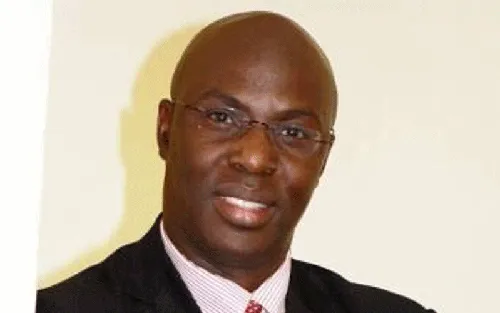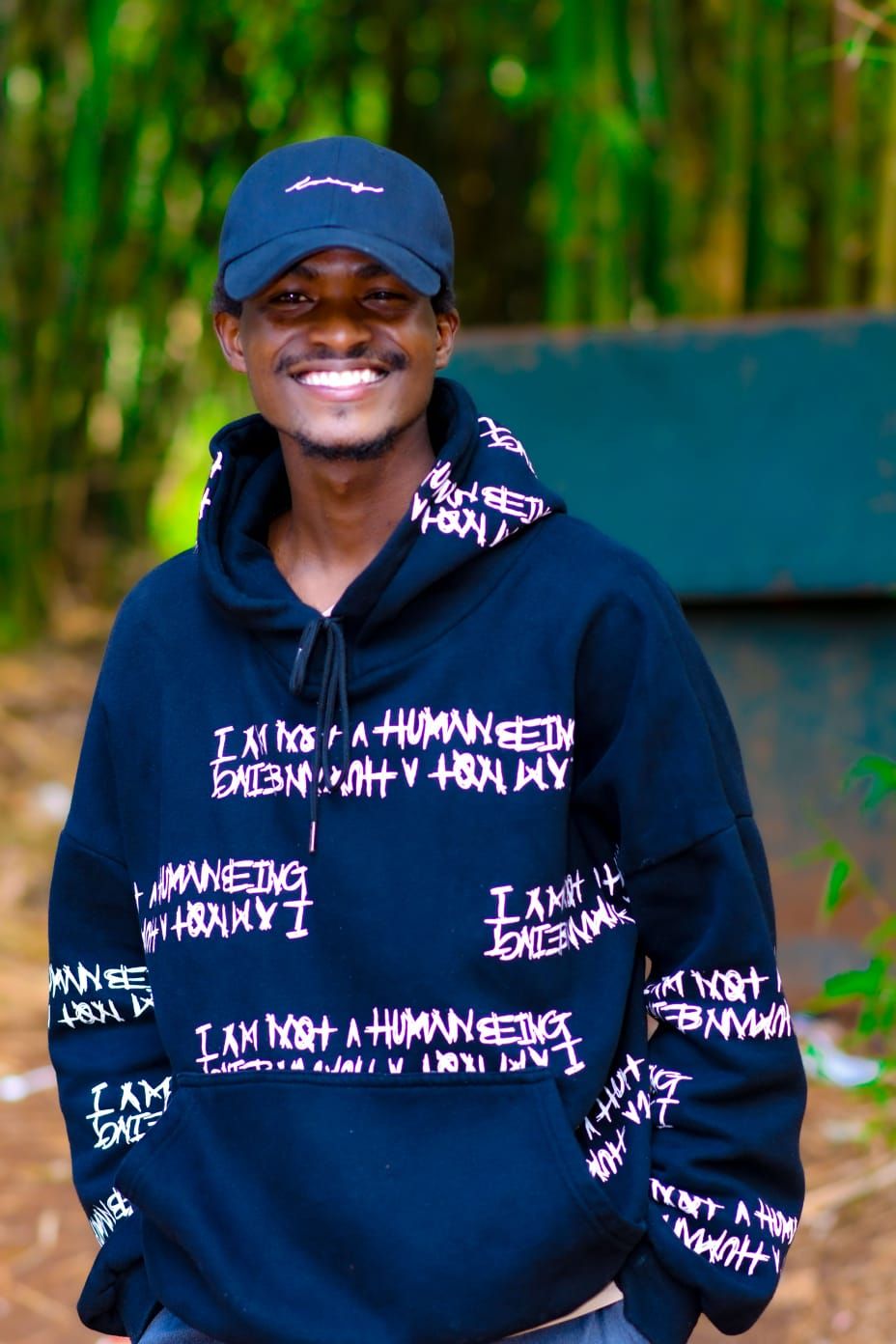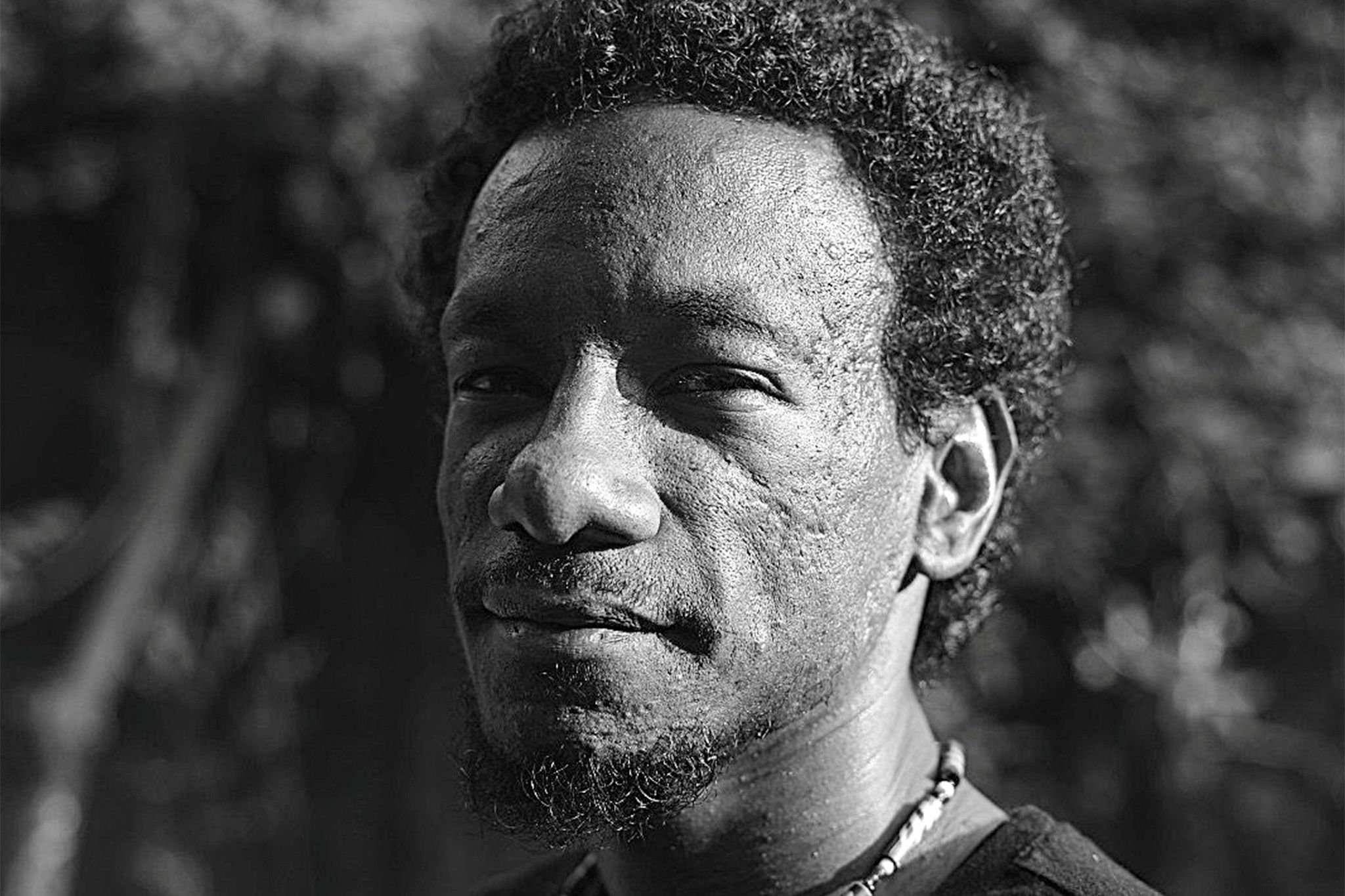In Baraki, Bungoma County, during the early post-colonial years in Kenya on 6th January 1964, Ken Walibora was born. Born at a significant time in Kenyan history, he became one of the finest Kenyan Swahili fiction writers, poets, media personalities and linguists.

According to BBC, Ken Walibora wrote in his autobiography Nasikia Sauti Ya Mama (I Hear my Mother’s Voice); “There are people who are worth remembering and who can be remembered, I am not one of them, I am not among them.” However, contrary to this, his literature, international relations and academic work will forever keep his memory alive.
His career journey
Ken Walibora had an exciting career journey that cut across various fields. He started as a probation officer at the Kenyan Ministry of Home Affairs from 1985 to 1986 then became a high school teacher between 1988 and 1996, teaching Swahili and English. After 8 years of teaching, he joined Kenya Broadcasting Corporation (KBC) and worked as a news editor, Swahili radio news anchor and translator from 1996 to 1999 and later Nation Media Group (NMG) as a Swahili TV news anchor between 1999 and 2004.
After working in the media industry, he joined the academic world again as a Graduate Teaching Associate at The Ohio State University (2005-07), an Assistant Professor at the Department of African Languages and Literature at the University of Wisconsin-Madison (2009) and lastly, up to his sudden demise, Ken Walibora worked as a senior lecturer at Riara University’s School of International Relations and Diplomacy since 2018.
The late Ken Walibora championed the use of Swahili in schools. He contributed book chapters and articles in academic journals, increasing the impact of his creative works. For writing Kidagaa Kimemwozea, Siku Njema, Ndoto ya Amerika, Ndoto ya Almasi, the short story Damu Nyeusi in Damu Nyeusi na Hadithi Nyingine, Mbaya Wetu among many others, his work inspired and continues to inspire many.
In his time, he wrote more than 40 titles. Words Without Borders said, “he won the Jomo Kenyatta Literature Prize twice, for Ndoto ya Amerika in 2003 and Kisasi Hapana in 2009”.
Working with the ‘King’ of Swahili literature
Like most people, my first encounter with the late Prof Ken Walibora was through his Swahili books when a teacher recommended reading Siku Njema. Siku Njema follows the life of young Msanifu Kombo alias Kongowea Mswahili, who comes from Tanga, Tanzania. Brought up by an underprivileged single mom, the book documents his hardships through a fascinating, scene-by-scene storytelling technique. I remember reading the book when I was in Class 8 and thinking about the hard choices the boy had to make. Ken Walibora's work started to make sense from that period.
Later, I encountered his work in two set books in High School, Kidagaa Kimemwozea and Damu Nyeusi na Hadithi Nyingine. Reading literature to fulfil an academic responsibility is torturous and so I never enjoyed the books as much as I would have loved. His stories were, however, exciting to talk about. They formed the basis of banter on days we were chilling in our cubicles or debating in the corridors of Samoei Boys High School.
If you had told me that I would meet one of the finest authors and broadcasters one day, I would have laughed at you incredulously. But then, I met Ken Walibora at Riara University where he taught International Relations and Diplomacy. Shortly after meeting him, he gave me a gig through a friend to work on a logo design for The Ken Walibora Centre for Literature Development. This initiative sought to distribute set books and other reading materials to high school students at a fee.
Then, he invited us to cover his keynote address during the launch of Whispers from the River, A collection of Stories from St Andrew's School, Turi Students at Pawa 254. I would meet Makena Onjerika and Baraza Media Lab's Curator, Christine Mungai. In his address, Ken Walibora noted that, by the fact that there were young kids from St Andrew's School, Turi writing stories, then what Tabaan Lo Liyong said in 1966, that Africa is a 'literary desert', is debatable. However, publishers and critics would still echo what Taaban Lo Liyong said and even say East Africa is still a 'literary dwarf.'
According to an article that appeared on Nation Africa, "East Africa, condemned in the 1960s by Taban lo Liyong as a "literary desert", has once again registered a poor showing at the Commonwealth Writing Prize because of poor editing and over-reliance on donor funding, literary critics, publishers, and novelists have observed." It added, "None of the East African writers made it to the shortlist of the 14 novels to represent Africa in the competition that brings together writers from Britain and her former colonies." If Ken Walibora was alive today, would he still be firm on his stance?
News of his demise
I met Frankie Gichuru, Director of Admissions and Marketing at St Andrew's School, Turi, during the launch of Whispers from the River. She texted me saying that she had seen the news of Ken Walibora's death and a press release from my school. Media reports started circulating that his death had been caused by accident during the morning of April 10th, 2020, amidst the COVID-19 pandemic.
Critics argued that Prof Ken Walibora might have foreshadowed his death. In his book Kidagaa, he narrates how the main character Mtemi Nasaba Bora of Sokomoko, went missing for days, just like he went missing on April 10th, 2020. Later, Mtemi would be found hanging on a tree after committing suicide. Prof Ken Walibora was found at Kenyatta National Hospital mortuary, dead, on April 15th. In Siku Njema, Rashid dies by accident, just like Prof Ken Walibora. Additionally, just the way the police started investigating the cause of Rashid's death, the same happened in the case of the prolific Swahili writer and scholar. Might he have prophesied his death? I will allow you to draw your conclusion.
While he will be remembered for his remarkable work in the field of academia, and especially in strengthening Swahili literature through his creative and bold stories, I will remember him for those and more. For being a friend, although introverted, who kept his word, was humble, and shared opportunities with others. Mainly, I will remember him for giving my friends and me our first paid gig.
Rest easy, Gwiji. You inspired us with your wondrous works, we will continue remembering you and the impact you created.





